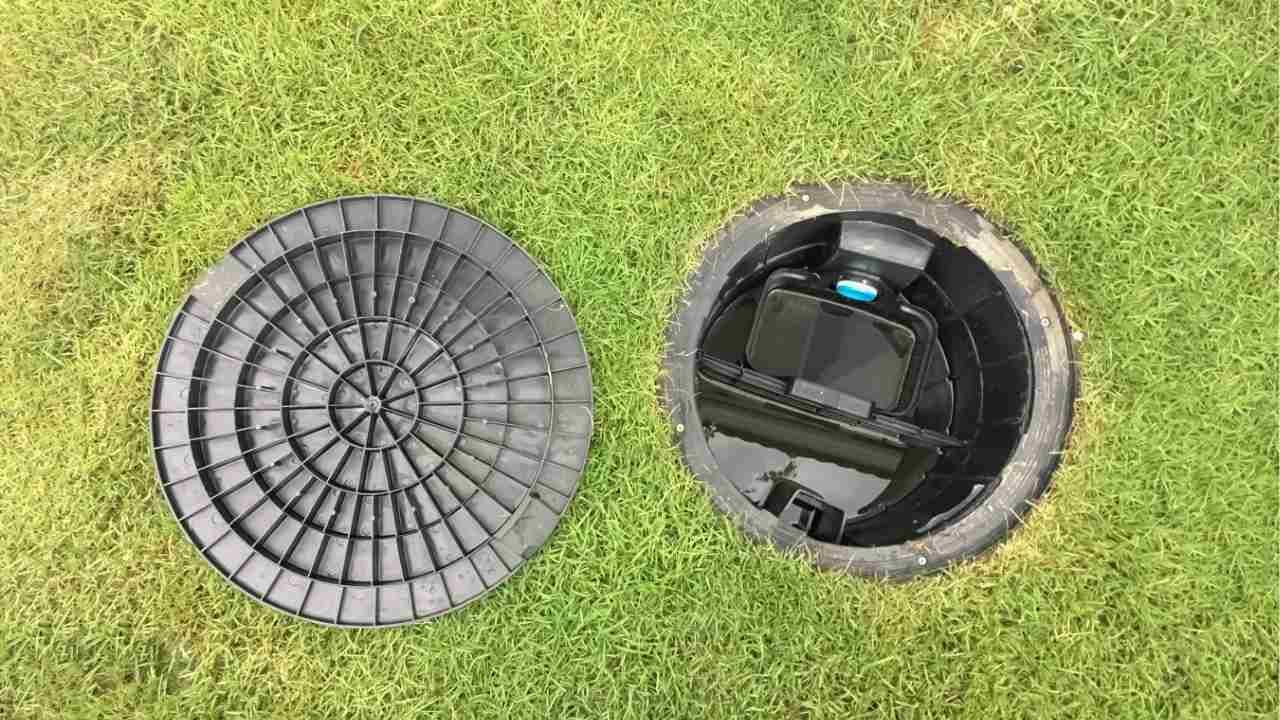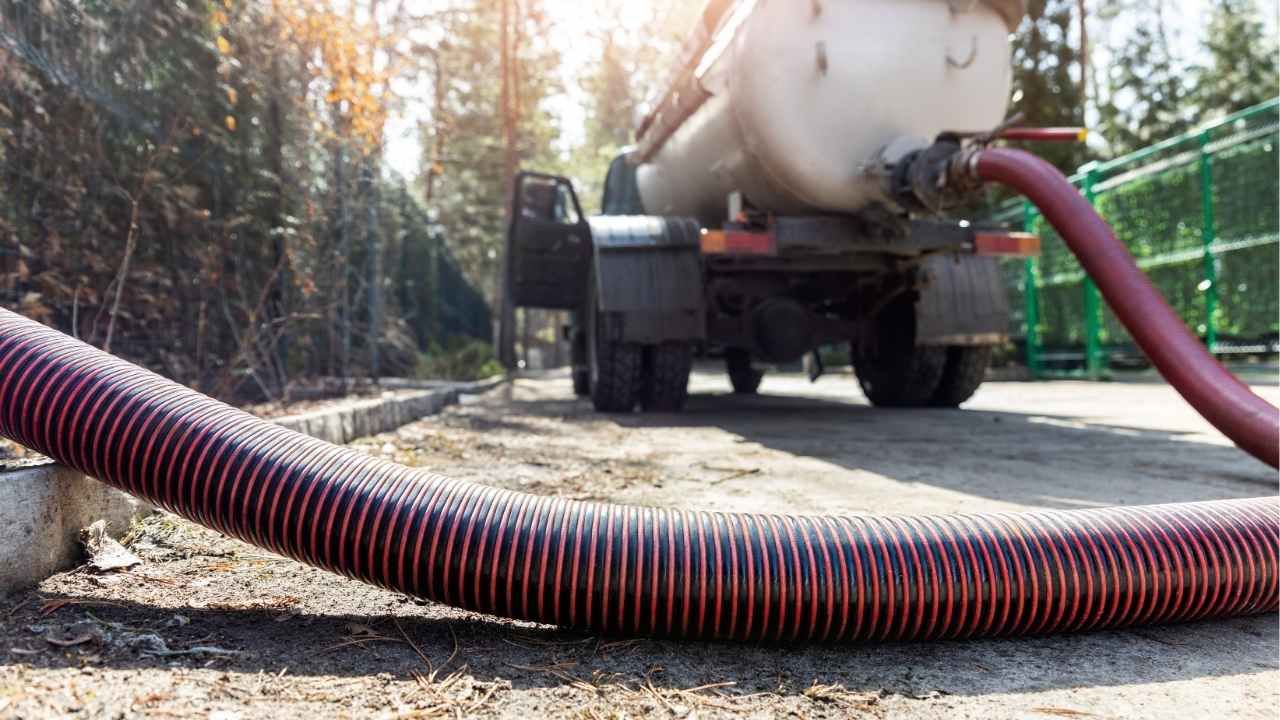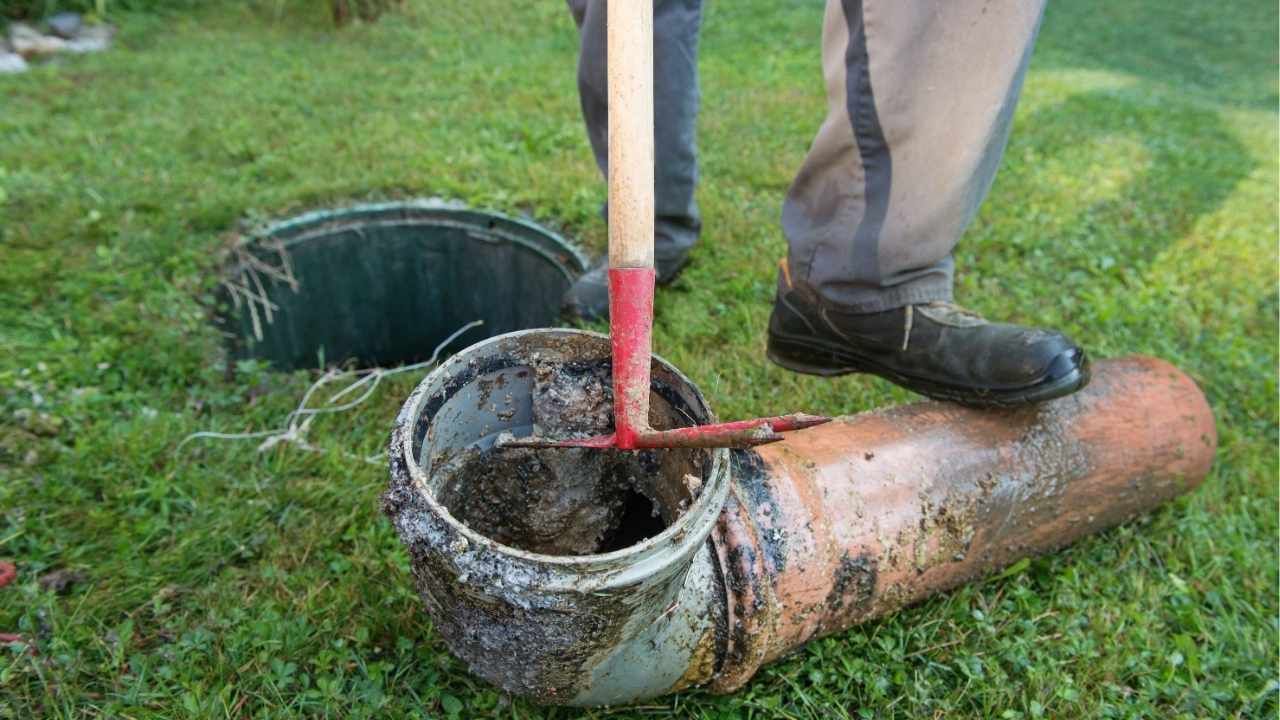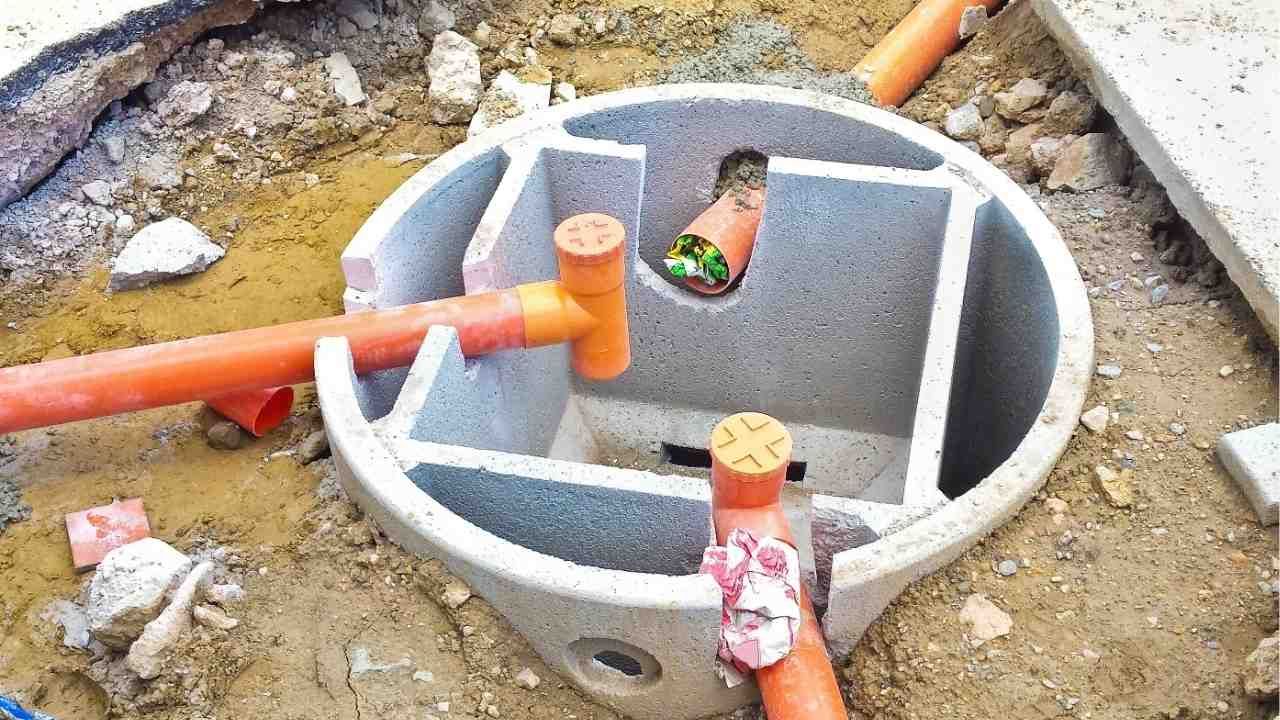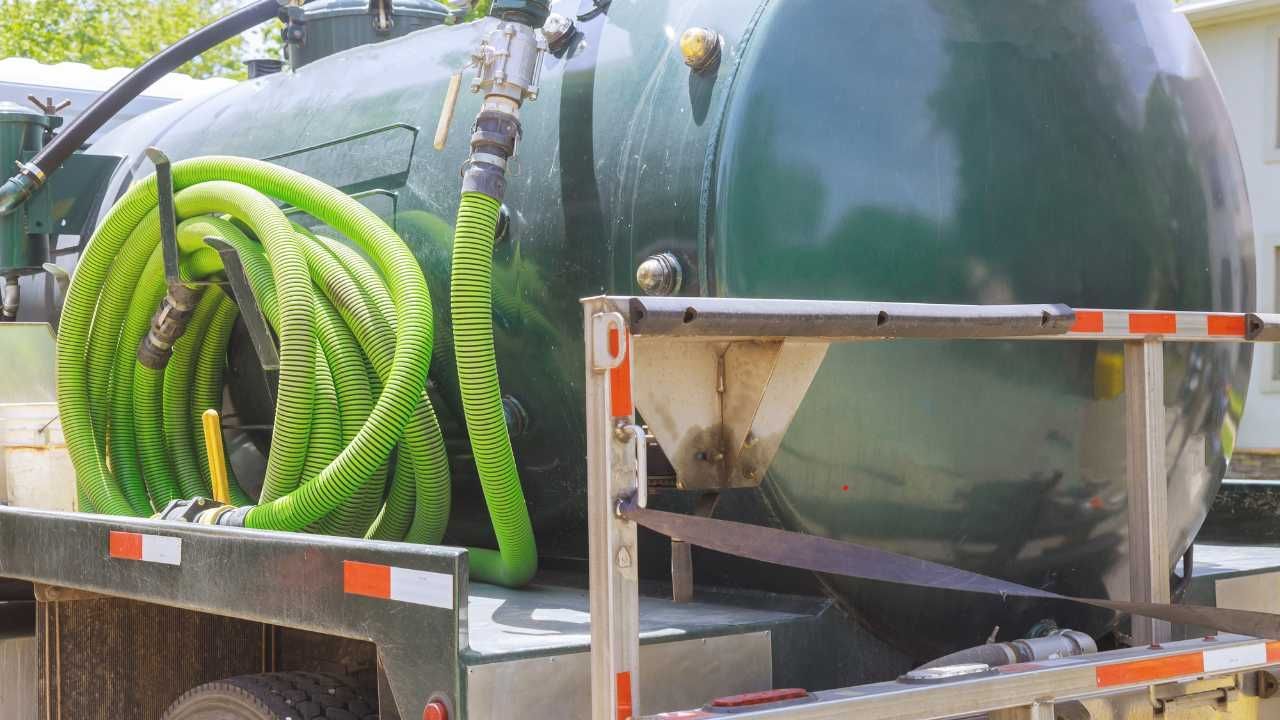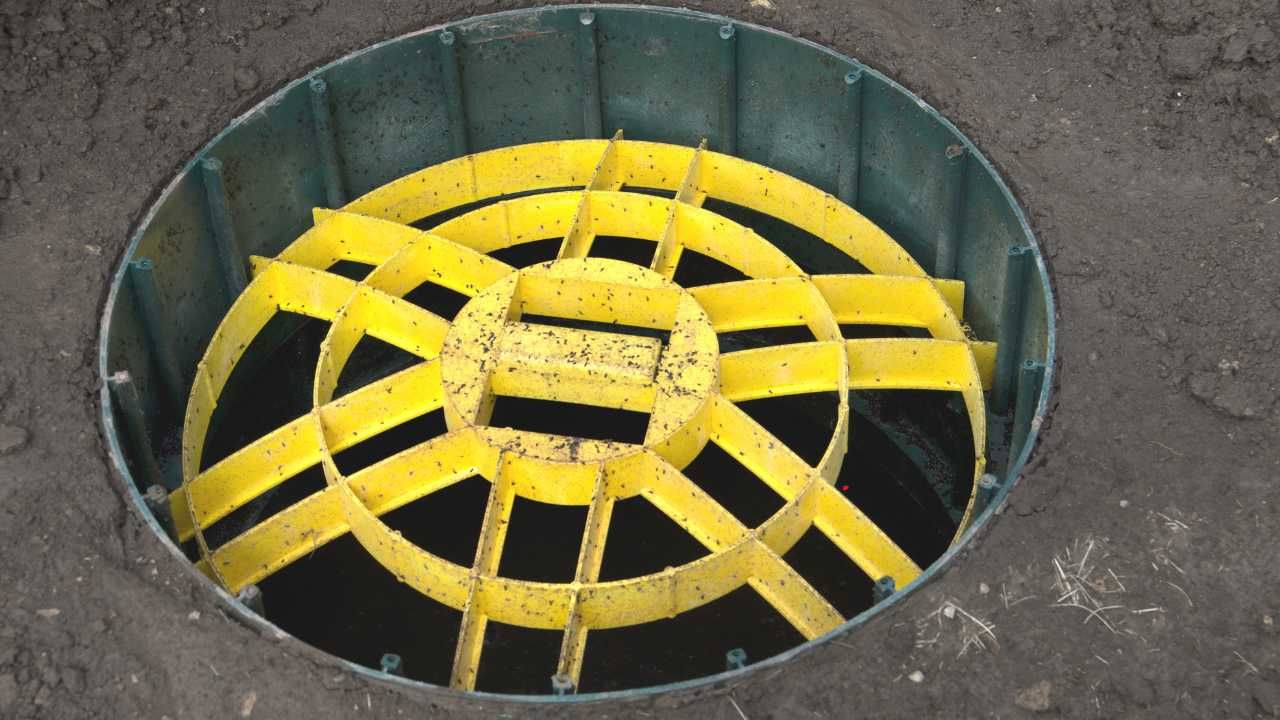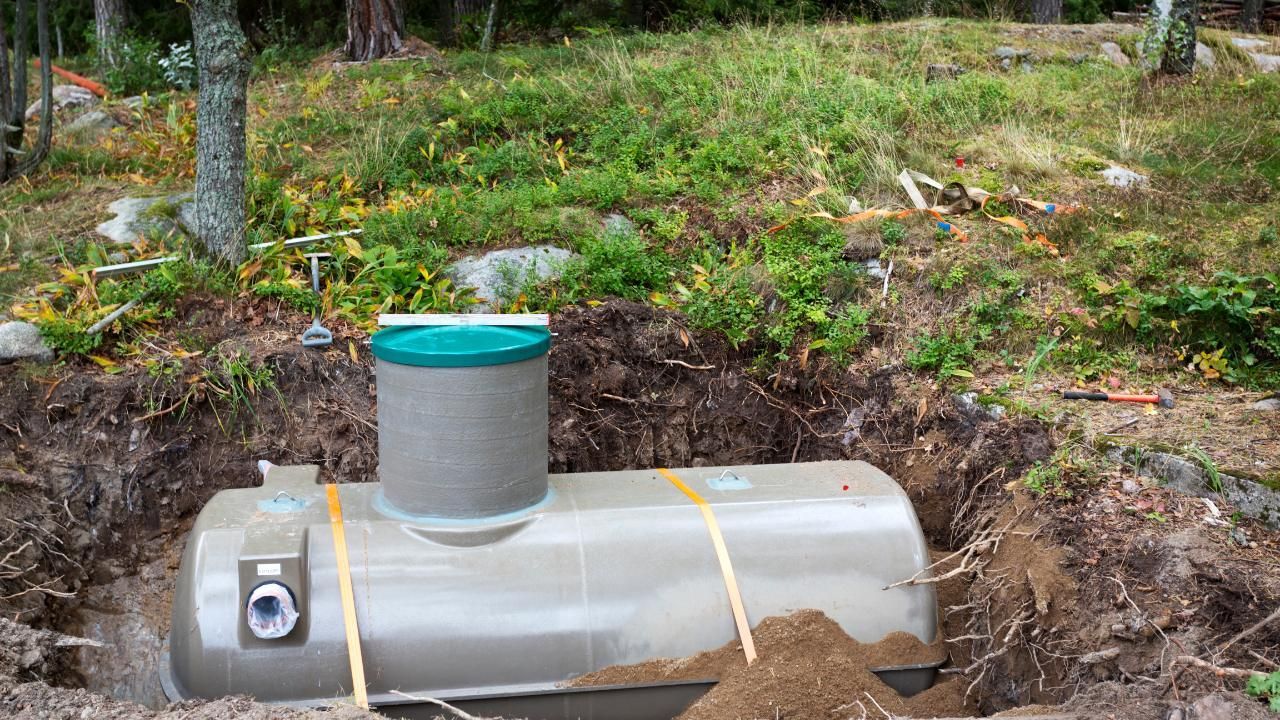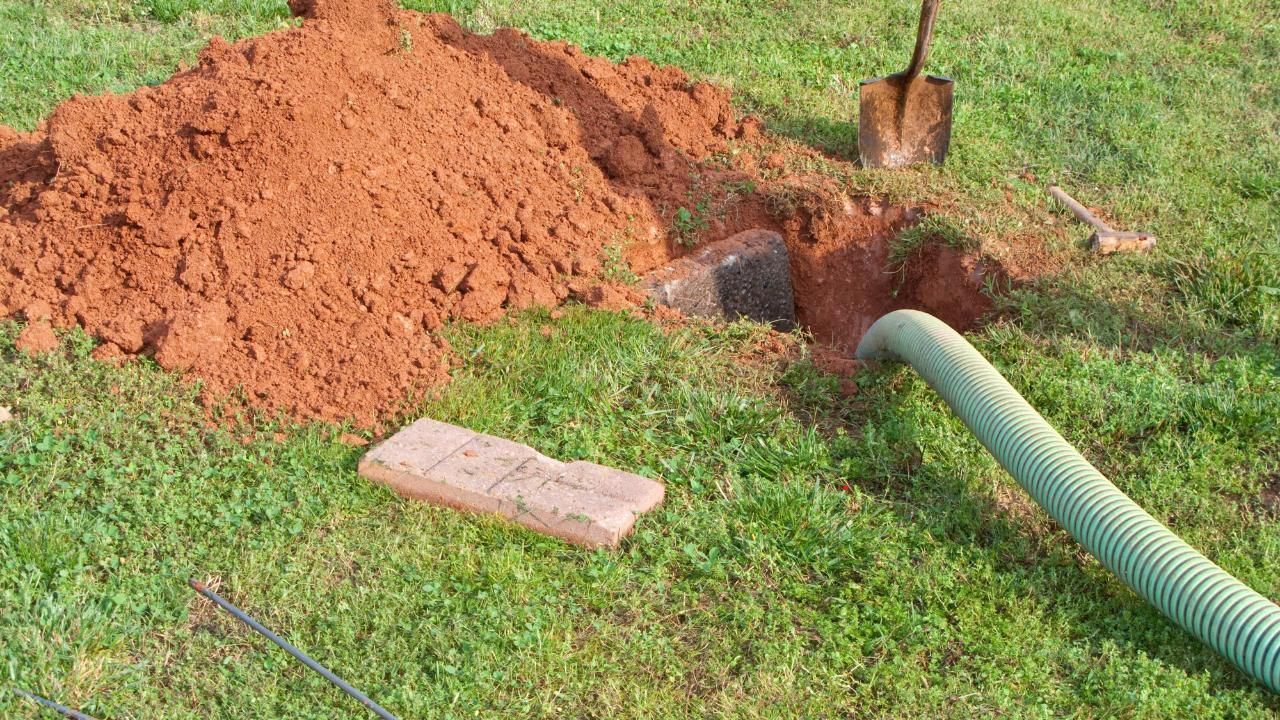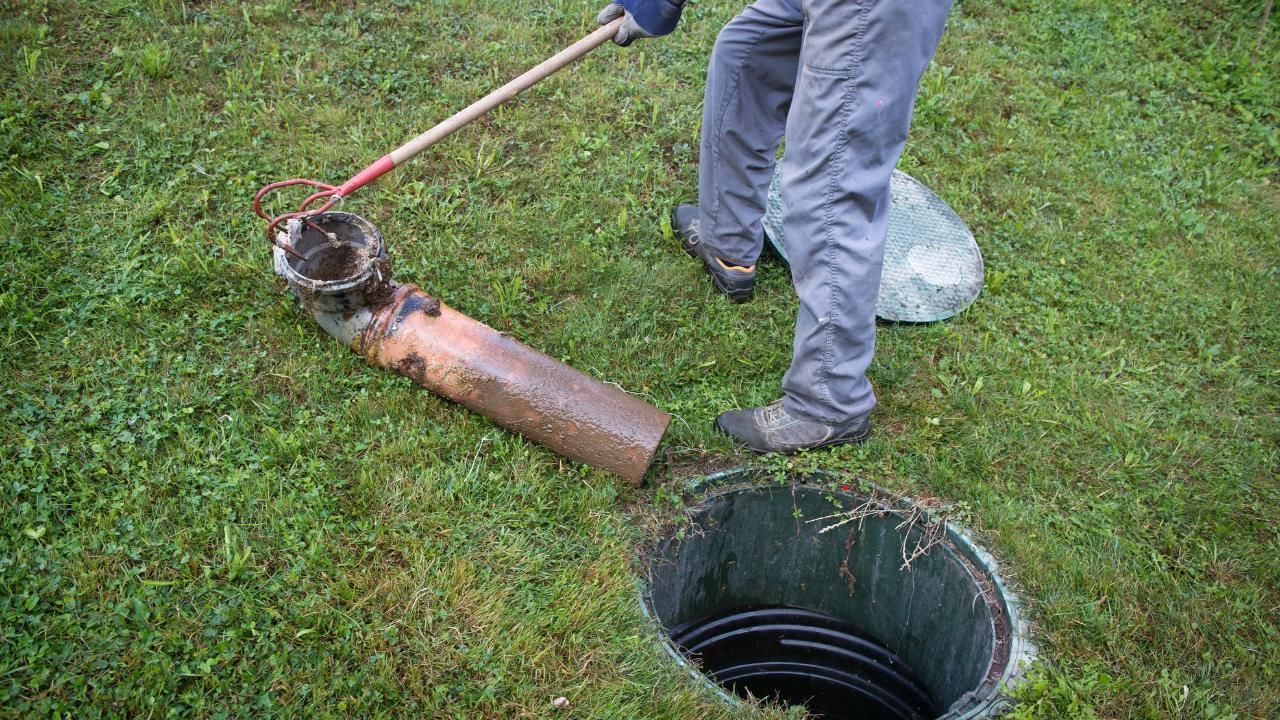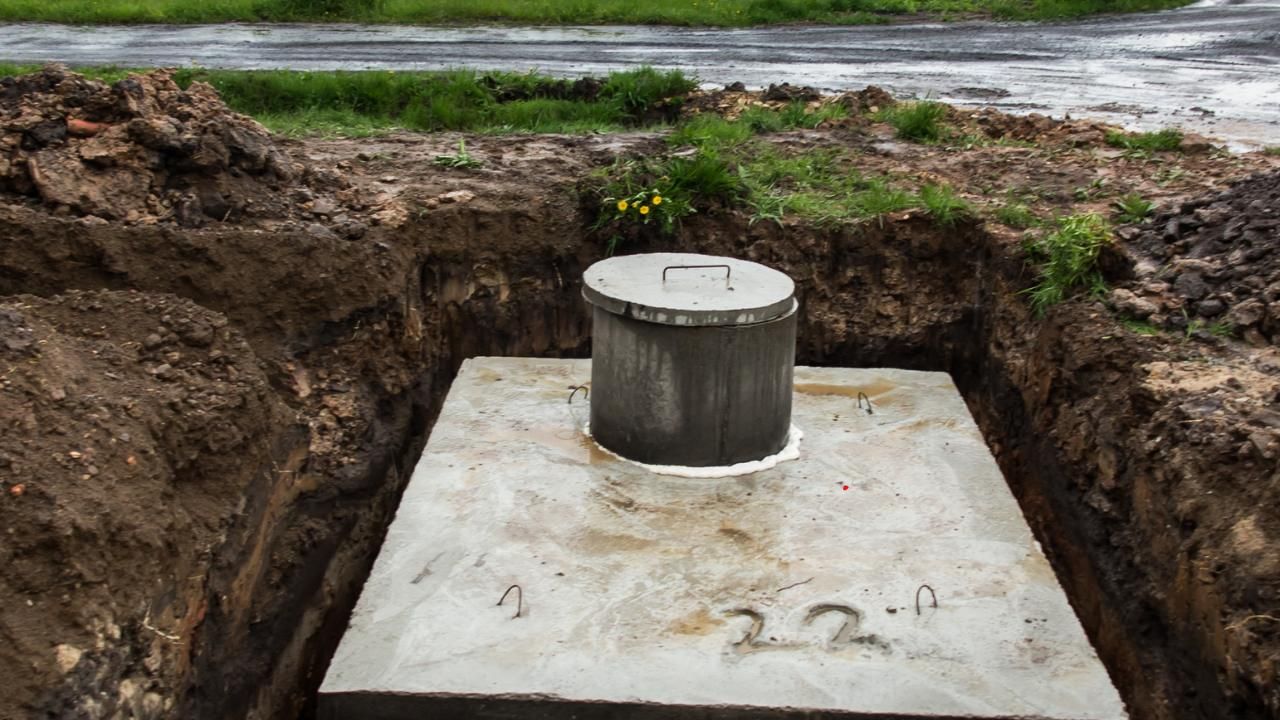Local Septic Regulations Florida Homeowners Should Know
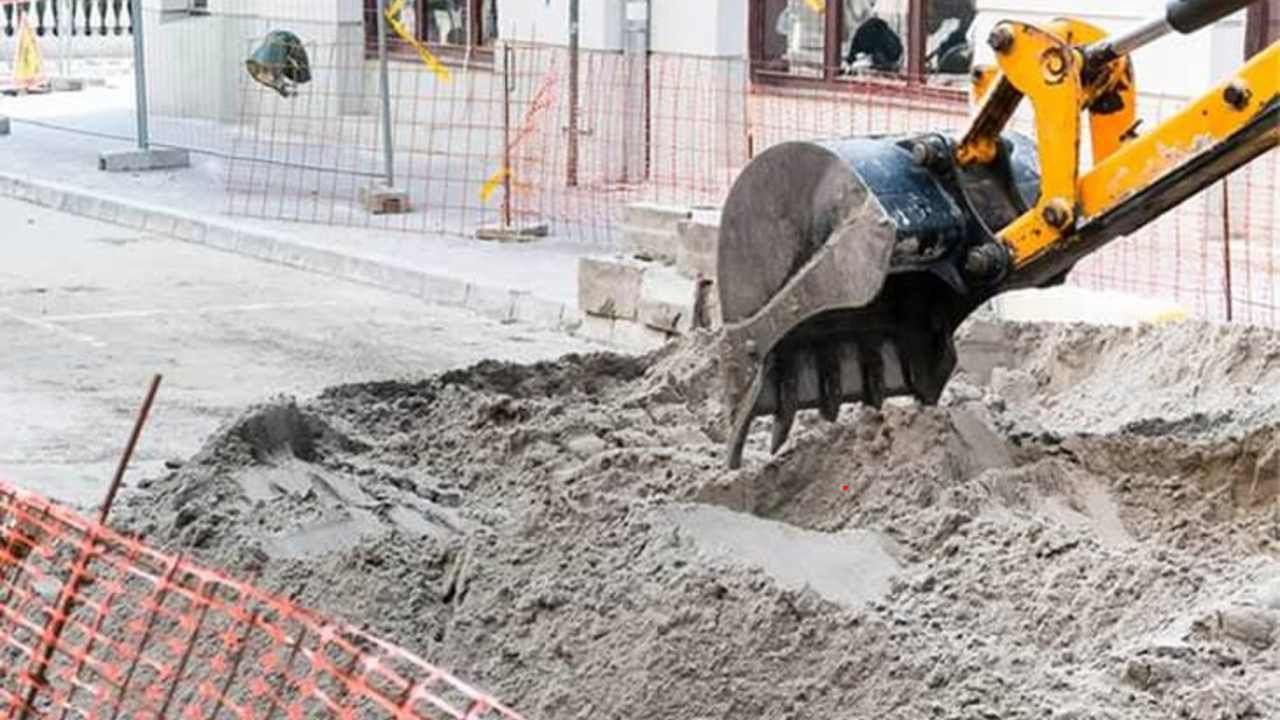
If you own a home in Florida with a septic system, you’ve got more than just plumbing to think about—you’re also responsible for following local and state regulations. And with Florida’s high water table and environmental sensitivity, rules around septic systems aren’t just suggestions—they’re crucial to keeping your property (and the planet) safe.
In this post, we’ll break down the key septic regulations every Florida homeowner should understand, from routine maintenance to recent updates that could affect your system.
Why Florida Has Strict Septic Regulations
Septic systems are underground wastewater treatment setups, and when they’re not properly maintained, they can leak harmful bacteria and nutrients into the environment. In Florida, that means contamination of groundwater, rivers, springs, and even coastal waters.
To protect public health and the environment, the Florida Department of Health (DOH), the Department of Environmental Protection (DEP), and local counties have regulations in place. These cover everything from how systems are installed to how often they’re inspected and pumped.
Key Rules Florida Homeowners Need to Follow
Here are the most important regulations to know if your property uses a septic system:
1. Required Inspections and Pumping
Florida law doesn’t mandate routine inspections statewide, but many counties do. Some areas, especially those near impaired water bodies or springs, now require inspections every five years. Pumping is usually recommended every 3 to 5 years to prevent system overload—this is a core part of regular septic tank cleaning.
2. System Permits for Repairs or Replacements
Before making any changes to your septic system, you’ll need a permit. This includes moving the tank, expanding your drain field, or replacing outdated components. Always check with your local DOH office before starting any work.
3. Setbacks and Distance Requirements
Florida law outlines minimum distances your septic tank and drain field must be from wells, buildings, property lines, and water bodies. These rules prevent contamination and are strictly enforced, especially in flood-prone or environmentally sensitive areas.
4. New System Installations Must Meet Updated Standards
If you’re building a new home or replacing an old system, it must meet the updated design and environmental protection standards set by the DEP. In some areas, this may mean adding nitrogen-reducing technology or installing a performance-based system.
5. No Flushing Hazardous Substances
It’s against state regulations to flush oils, grease, paint, or household chemicals into a septic system. These substances can disrupt the bacterial balance in your tank and damage the drain field, potentially leading to fines or required remediation.
Case Study: A Costly Lesson in St. Johns County
A homeowner in St. Johns County decided to install a deck over part of their drain field without a permit. Not only did this violate local setback rules, but it also blocked oxygen from reaching the soil, causing the system to fail within a year. The homeowner had to replace the entire system—a $10,000 mistake that could have been avoided by following local septic regulations and working with a licensed contractor.
Partner With Professionals Who Know Florida Regulations
Staying compliant doesn’t have to be complicated—especially when you work with a provider that knows the local landscape. Septic Masters offers licensed septic tank services that follow Florida’s evolving laws. Their team understands how to maintain your system without disrupting your yard or violating setback rules.
Whether you’re due for a routine inspection or worried about an aging system, having the right experts on your side helps protect your home and the environment. Check their service areas to see if they operate in your region.
Final Thoughts
Florida’s septic regulations aren’t just red tape—they’re designed to protect your family, neighbors, and local ecosystems. By keeping up with inspections, getting necessary permits, and working with trusted professionals, you’ll avoid costly mistakes and stay compliant with the law.
Need to schedule an inspection or pump-out? Reach out to a licensed septic pro today and stay ahead of septic system issues before they become expensive problems.
Ask Your Questions
Get In Touch, Leave Us A Message
We're committed to providing affordable and reliable septic tank services. Whether you need cleaning, maintenance, or repairs, our experienced team is here to help. Get in touch with us today and leave us a message to schedule an appointment or inquire about our services.

